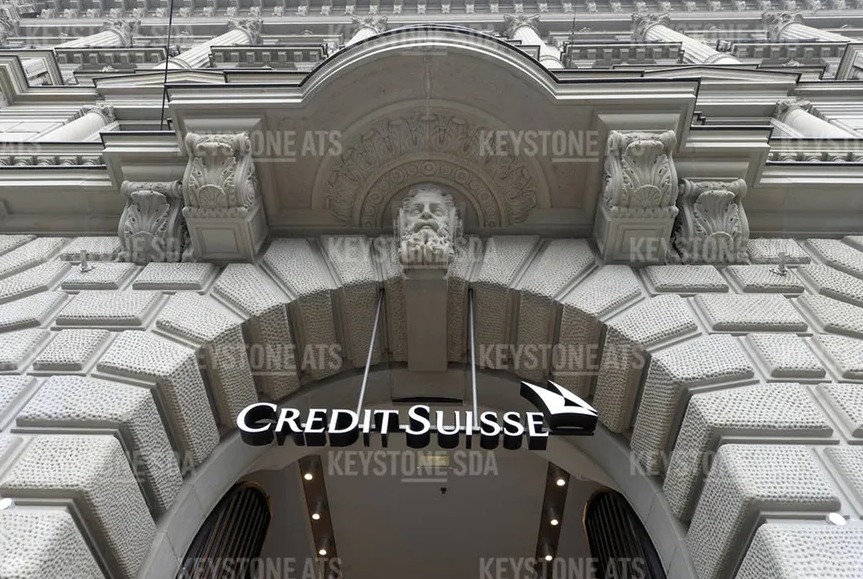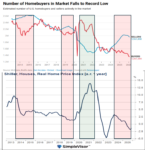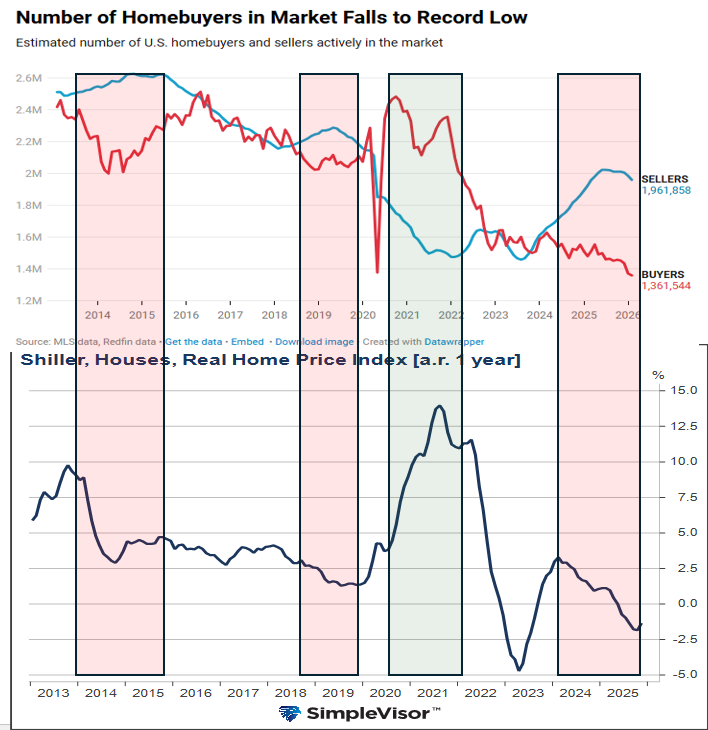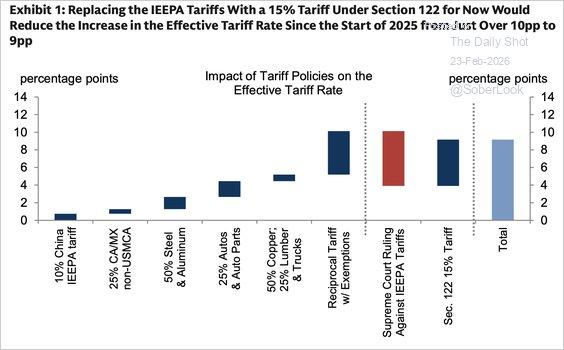
Credit Suisse says police raids were not targeted at the bank itself. Keystone-sda-ats Ag Switzerland
Swiss police have raided the offices of Credit Suisse and seized documents relating to the collapse of its $10bn fund range linked to Greensill Capital.
The police searches were conducted at the request of Zürich’s cantonal public prosecutor earlier this week.
The prosecutor has opened a criminal investigation into Greensill’s activities and the way in which Credit Suisse funds that financed the British firm’s contentious lending schemes were managed and marketed, according to two people familiar with the probe.
Credit Suisse confirmed its offices had been raided, but said the bank itself was not currently a party to the investigation.
“In the course of an official procedure that is not directed against Credit Suisse data were collected. Credit Suisse fully co-operates with the authorities and will, for the time being, not make any further statements on this as this is an ongoing investigation,” the bank said in a statement.
The Zurich prosecutor’s office did not respond to a request for comment.
Complaint filed
News of the raids and investigation was first reported by Switzerland’s NZZ am Sonntag.
The investigation was opened after a complaint from the Swiss government.
The State Secretariat for Economic Affairs in Bern has submitted a dossier to Zürich’s prosecutor alleging potential breaches of the federal Unfair Competition Act.
The complaint is directed against “persons unknown”, meaning that the prosecutor’s investigations can be widened at any point to include institutions or individuals that have not yet been specifically named.
The Credit Suisse supply-chain finance funds — which comprised invoices owed to Greensill by the company’s borrowers, packaged into investment products — were marketed to investors as low-risk financial products.
Angry investors
Their implosion has been a significant embarrassment for the Swiss bank, which touted them to some of its most prestigious and valuable clients.
While about $7bn has so far been recouped, Credit Suisse has told investors that of the outstanding funds, at least $2.3bn will be more difficult to return.
A number of class-action lawsuits have already been filed by angry investors. Criminal charges by Swiss authorities would be a significant fillip for their legal efforts, in which questions have been raised over the tight relationship between Credit Suisse and Greensill, and the amount of due diligence the bank did.
Greensill’s highly aggressive lending practices were not properly disclosed to investors, lawyers for clients of the funds have said.
Of particular concern has been Greensill and Credit Suisse’s relationship with the sprawling metal-forging empire, GFG Alliance, of Sanjeev Gupta.
The UK’s Serious Fraud Office has also opened an investigation into the financial dealings between Gupta and Greensill.
The Financial Times has previously reported on the suspicious nature of invoices to Gupta’s businesses in which the Credit Suisse funds invested.
Gupta has not stepped foot on British soil since the SFO’s investigation was opened.
Thousands of British employees of Liberty Steel — part of the Gupta conglomerate — face an uncertain future as the viability of the business hangs in the balance.
The FT reported on Friday that Gupta spent last weekend lavishly celebrating his 50th birthday on the Greek island of Mykonos.
Copyright The Financial Times Limited 2021
Full story here Are you the author? Previous post See more for Next postTags: Business,Featured,newsletter


























